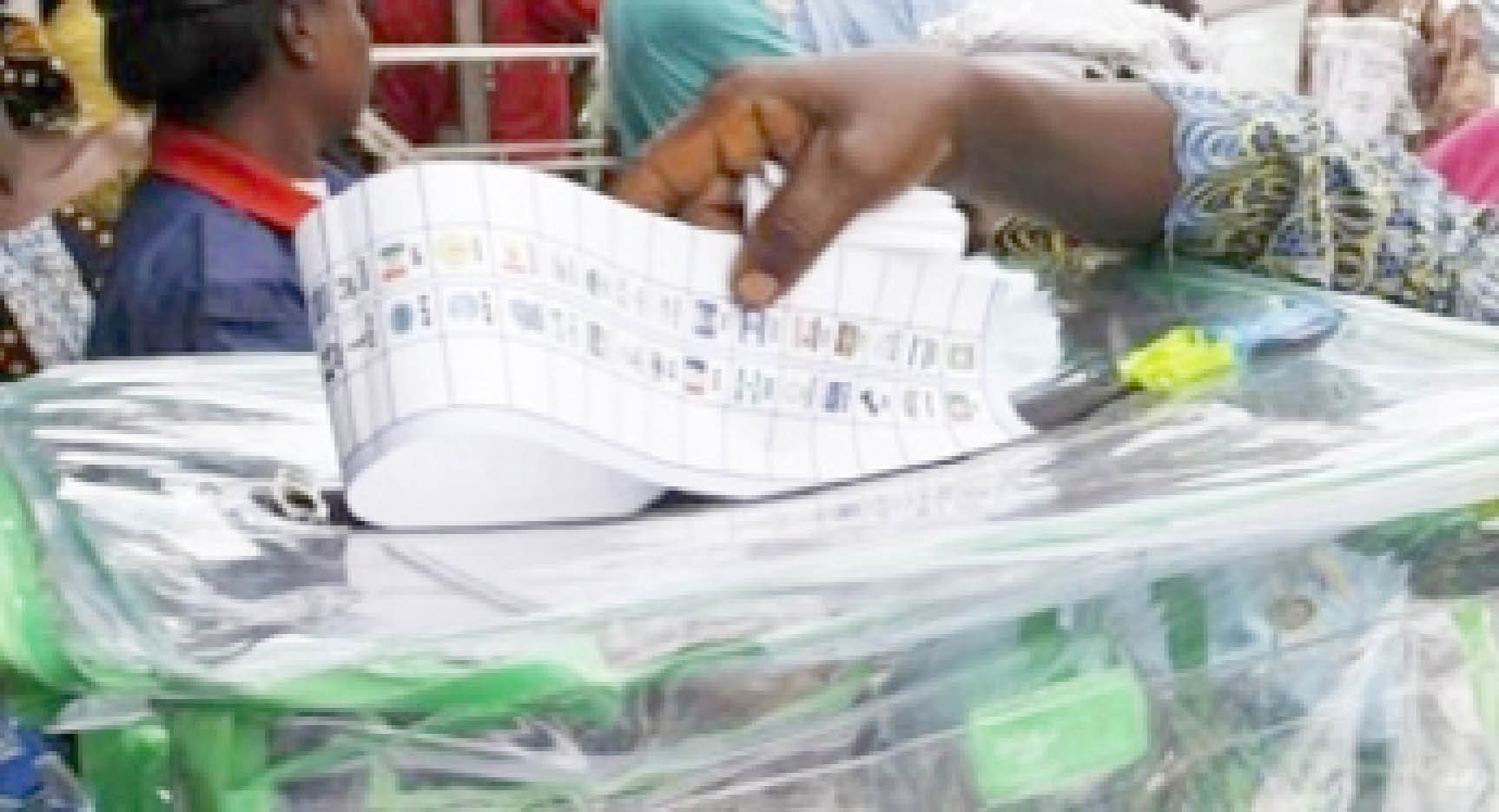The recent ruling of the Supreme Court affirming the election of President Bola Ahmed Tinubu has brought closure to the legal tussle that for months trailed the election. But the 2023 presidential election itself brought to the fore lingering questions about the structure and nature of Nigerian democracy, about the deeply entrenched peculiarities of our politics and political culture, and about the root causes of our persistent political instability.
In short, this year’s presidential election, contested and now rested, nevertheless raises questions that call for a rethink of our overall political system. If we start off with the recognition that democracy is not only a system of fundamental rights for citizens but also a practical and peaceful mechanism for managing and resolving political conflict, which, by itself an election symbolizes, then we must ask, whether or not our current democratic structures are sufficiently helping Nigeria manage its inherent questions of political difference and diversity for the benefit and growth of all.
For example, is the plurality electoral system, also known as winner takes all the most suitable for managing Nigeria’s deep political divisions and diversities? Is Nigerian democracy growing at all after 24 uninterrupted years in operation? Are the behaviours of our political institutions, politicians and citizens suitable to the kinds of political structures and systems we have in place, or can we imagine other alternative systems that better fit our peculiarities?
For illustration, we take a closer look at the 2023 general election data once again. To begin with, 93.4 million Nigerian adults were registered to vote in the elections, according to the new voter register released by the Independent National Electoral Commission (INEC) in January this year. Given that the median age in Nigeria in 2020 is 16.9 years, that is, less than the voting age of 18, INEC’s voter register of 93 million voters is very likely robust.
NSIB probes Ibadan aircraft incident involving power minister, others
Why N/Assembly speedily passed N2.17trn supplementary budget – Senate
Yet, out of the 87.2 million voters—from the 93.4 million—who collected their Permanent Voter Cards (PVCs) and therefore eligible to vote, only 25.2 million, or about 28.6% of those with valid PVCs in the country, bothered to vote in the Presidential and National Assembly elections, the lowest voter turnout since 1999. By comparison, 65% of eligible voters participated in the Kenyan general elections in August last year.
There are numerous reasons for Nigeria’s ever declining voter turnout since 1999. But chief among them is the reduced trust and confidence in the political system, which arises not just because of the generally poor levels of governance performance in the country, but also because of the large number of citizens’ votes that go “unrepresented” in the new governments formed after an election due to our simple plurality or winner takes all electoral system.
This problem was in apparent display in the results of the 2023 presidential election, where the winner emerged with just 37% of the total votes, or 8.7 million of the 25.2 million voters, and where the combined votes of the next three candidates nearly doubled that of the winner declared president. In other words, President Tinubu’s mandate was handed out not by a majority of the eligible voters, but by just about 10% of the 87.2 million Nigerian adults who showed intent to vote by collecting their PVCs.
Surely, this does not represent the deepening of Nigerian democracy and poses serious concerns of legitimacy and practical governance challenges to whoever wins, even if they are not necessarily the cause, and even if valid under current rules. The sorts of political disenchantments and feelings of exclusion from the system by millions of voters that result from such a winner takes all electoral system that requires only a simple majority (and simple minorities in a majority of states) to win the highest office in the land all feed into the persistent instability Nigerian politics is associated with since the 1960s.
Our view is that a different electoral system will yield entirely different outcomes for all the actors and for our democratic development overall. A winner takes all system is not the only valid mechanism for organizing elections or forming governments, and it is important that Nigeria considers other alternatives that may well better help manage our deep political divisions.
For example, as opposed to a simple plurality, a majority electoral system requires the winning candidate to poll more votes than all the other candidates vying for the same office combined, ensuring that the eventual winner is elected by at least a majority of the votes. In practice, the winning threshold is usually pegged at 51% or 50.1% of total votes and often leads to run-off elections between the top two candidates, where no candidate meets the required threshold in the first instance, as we saw in Brazil last year and the still ongoing case in next door Liberia.
Proportional representation is another alternative electoral system in which the government that emerge from an election is formed by allocating legislative seats or offices in proportion to the broad support political parties and candidates receive in the election, thereby giving due representation to all.
Each of these alternative electoral systems has its own drawbacks, but in general, they are designed to assure more inclusivity and representation, particularly for minorities segments of society, unlike a winner takes all system which generally tends to favour bigger political parties and larger states.
Therefore, while we congratulate President Tinubu in his election once again, and urge him to make the most of his victory for the benefit of all Nigerians, we believe that nation building is an evolutionary process that requires a constant search for what works best for each country. Nigeria should not shy away from trying alternative electoral systems that can improve upon the current system.

 Join Daily Trust WhatsApp Community For Quick Access To News and Happenings Around You.
Join Daily Trust WhatsApp Community For Quick Access To News and Happenings Around You.


